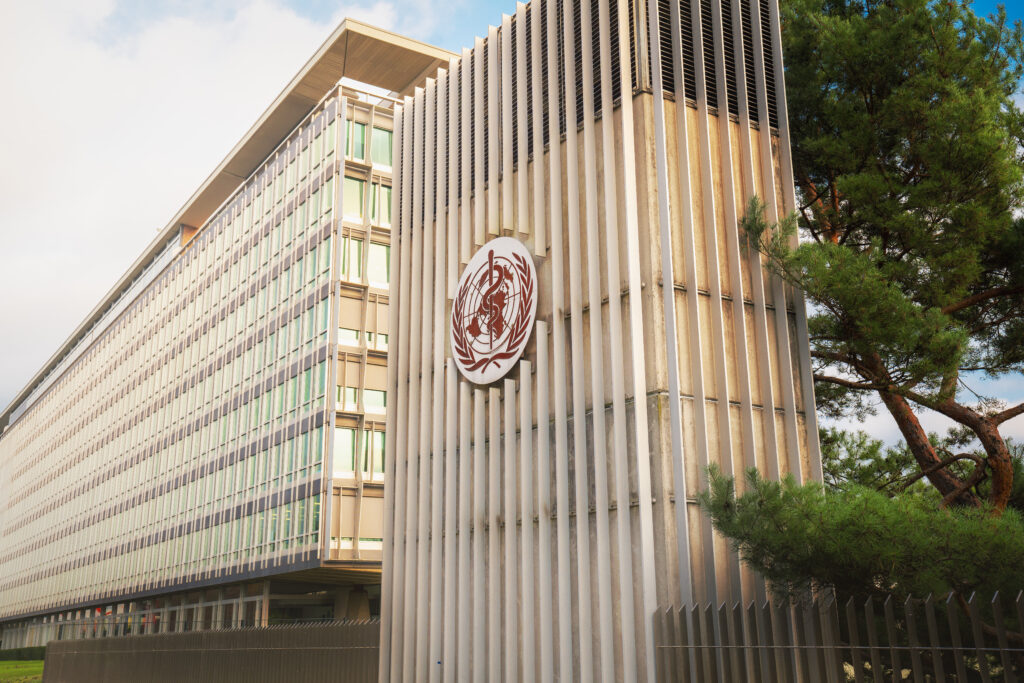Lebanon’s healthcare system is in crisis following months of conflict, with 10% of hospitals damaged and health workers overwhelmed. WHO warns of worsening conditions as winter nears, urging international support for recovery efforts.
As a tenuous ceasefire between Israel and Hezbollah allows displaced Lebanese citizens to return home, the World Health Organization (WHO) has raised urgent concerns about Lebanon’s collapsing healthcare system. Months of conflict have devastated the country’s medical infrastructure, leaving healthcare workers and facilities struggling to meet overwhelming needs.
Lebanon’s Healthcare System on the Brink
Lebanon’s prolonged conflict has caused significant damage to its healthcare system. WHO reports reveal that 158 attacks on medical facilities have resulted in 241 deaths and nearly 300 injuries. The damage extends to 10% of the country’s hospitals, many of which require extensive repairs before resuming operations.
Health workers face formidable challenges, with many themselves displaced and lacking resources to restore critical services. WHO officials have highlighted the dire situation, warning that the humanitarian crisis will deepen with the onset of winter, exacerbating shortages of medical supplies and access to care.
Efforts to Restore Health Services
Some hospitals in Beirut are expected to reopen within weeks, while others may take months to repair. To address immediate needs, mobile clinics have been deployed to provide urgent medical care. However, WHO stresses that these measures are temporary solutions and insufficient to meet the long-term demands of the population.
WHO Director-General Dr. Tedros Adhanom Ghebreyesus underscored the need for sustainable peace, stating, “The ultimate solution is not aid, but peace.” He called for international cooperation to ensure Lebanon’s recovery and prevent further health crises.
Impacts on Vulnerable Populations
The deteriorating healthcare system disproportionately affects Lebanon’s most vulnerable populations, including children, the elderly, and displaced families. Limited access to essential services, such as vaccinations and chronic disease management, has heightened the risk of outbreaks and preventable deaths.
Aid agencies have also reported challenges in delivering humanitarian assistance due to damaged infrastructure and ongoing security concerns. As winter approaches, the need for heating, shelter, and basic healthcare supplies is expected to surge.
Looking Ahead
The ceasefire offers a glimmer of hope for stability, but Lebanon’s recovery will depend on concerted efforts to rebuild its healthcare infrastructure and secure lasting peace. The international community is urged to provide immediate support to alleviate the current crisis while working toward long-term solutions.
Dr. Tedros emphasized that the global health community must act swiftly to support Lebanon during this critical period, warning that delays could have catastrophic consequences for millions.
Lebanon’s healthcare crisis underscores the profound impact of prolonged conflict on essential services. While the ceasefire provides an opportunity for recovery, the road ahead remains fraught with challenges. Only through international collaboration and a commitment to peace can Lebanon rebuild its healthcare system and safeguard the well-being of its citizens.
